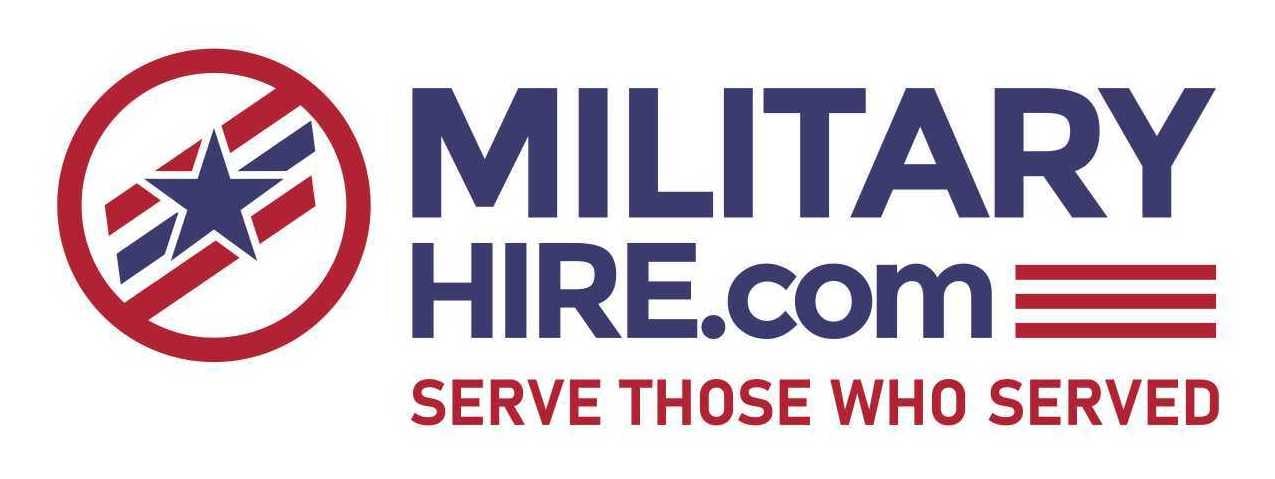Mastering Your Experience Elevator Pitch
Veterans seeking jobs in the civilian sector face both challenges and opportunities in terms of making the transition from a military to a civilian role—and clearly communicating their ability to do just that.

One important tool to help them do that is the elevator pitch. An elevator pitch is a brief, benefit-oriented statement that succinctly summarizes a person’s background and qualifications. It’s named “elevator pitch” because the idea is that you would be able to share this information in the amount of time you might spend with someone on an elevator in response to a question like: “What do you do?”
The Value of an Elevator Pitch
For veterans seeking job opportunities, the elevator pitch can be a great way to position their background, credentials and interest to those they may encounter in a variety of settings—from elevators, to business meetings, and even to friends and relatives. You never know where that next job opportunity may come from!
“All veterans should prepare an elevator pitch when they are looking to transition into the civilian sector,” says Ryan Guina, an Air Force veteran and the founder of The Military Wallet and Cash Money Life. That statement, he says, should include four main elements: a brief introduction, a career objective, your accomplishments and your skills.
It’s important, Guina says, for veterans to translate their military skills into civilian terms. “You can’t spend precious time trying to decode your previous service,” he says. “you need to take the time to do this for your audience so they can hone in on your message.”
Draw Upon Your Military Skills
While you should work to communicate in civilian terms, you should still draw upon some of the skills you learned in the military when preparing your elevator speech. This, says Mike Clawson, should come naturally to veterans. Clawson is retired from the US Army and is director, academic and military outreach with the University of North Carolina at Pembroke.
Having successfully made the transition from the military to a civilian role and now working with veterans to help them transition from the military to higher education, Clawson has some insights on how they can best position themselves through an effective elevator speech.
“Former military are familiar with having to be direct and succinct,” he says. It’s something that military leaders require when subordinates are delivering information. He adds: “Many military compare what they know as a mission statement—the who, what, when, where and why—to an elevator speech,” Clawson says.
What’s In It For Them?
When framing your elevator pitch make sure to do it from your audience’s point of view. Your pitch shouldn’t be about why you need a job, Guina cautions. Instead, he says, “focus on showing them how you can help an organization achieve its goals.”
Think about your audience and how your background and skills can help their organization. That’s what they’re ultimately interested in and what you should strive to deliver.
Bryan Zawikowski has been a recruiter for 25 years and is vice president and general manager of the military transition division for Lucas Group, an executive search firm. While it’s important to “de-militarize” the language you use, you shouldn’t “un-militarize” it, he says. “It should be clear to the listener that you are a military veteran, but you need to avoid using military-specific terms and acronyms.
He offers an example of what his own elevator speech might be: “My military career afforded me leadership opportunities starting at age 19, and also taught me problem-solving, team-building and decision-making skills that have served me well in all aspects of my life. As a nuclear missile operations officer in the Air Force, there was no tolerance for incomplete knowledge or substandard performance, so I carry that ethos with me as I transition into the civilian sector.”
That statement clearly conveys the benefits that Zawikowski could offer by translating his military experience into the value he could bring to an organization.
Exude Confidence, But Don’t Oversell
“Smile, but deliver the elevator speech with the same confidence you developed in your military experience,” Clawson advises. “Don’t hesitate.” And, he adds: “Just as all units do in the military—rehearse, rehearse, rehearse. Anticipate what could go wrong, what questions could be asked and develop courses of action.”
But, cautions Jon Hill, CEO and Chairman of The Energists, a staffing and managing firm that serves the energy industry, don’t oversell. Bad elevator pitches, he says, sound like pitches—they shouldn’t. “I know it’s called a pitch, but you don’t have to sound like you’re pitching a product on Shark Tank,” he says. “You just have to be able to communicate your skills in a succinct, engaging way.”
Wrap up your pitch with a call to action. This will vary depending on the situation, Hill says. Maybe it’s an invitation for coffee. Maybe it’s a request to review your resume. Maybe it’s a request for someone to introduce you to someone at a company you’re interested in. Or, Hill adds, maybe you just want to get your name out there. In this case, he says, you don’t need a specific call to action.
In any event it pays to be prepared. You never know when, or where, someone will ask a question like “what kind of work are you looking for?”
#elevatorpitch, #networking, #jobsearch, #jobseeker, #hireveterans, #veteranjobs, #militarytransition
